Medical Assistance Options in the Philippines
Medical assistance options in the Philippines should be known to every Filipino before they are actually needed. It is easy enough to ignore them during good times when financial and health worries are the farthest from one’s mind. Once sickness strikes, people are thrown into a very stressful world where getting well is not the only problem. For most Filipinos who have treatable diseases but are not financially able to support the required treatments, it is almost equivalent to having a disease with no cure in sight.
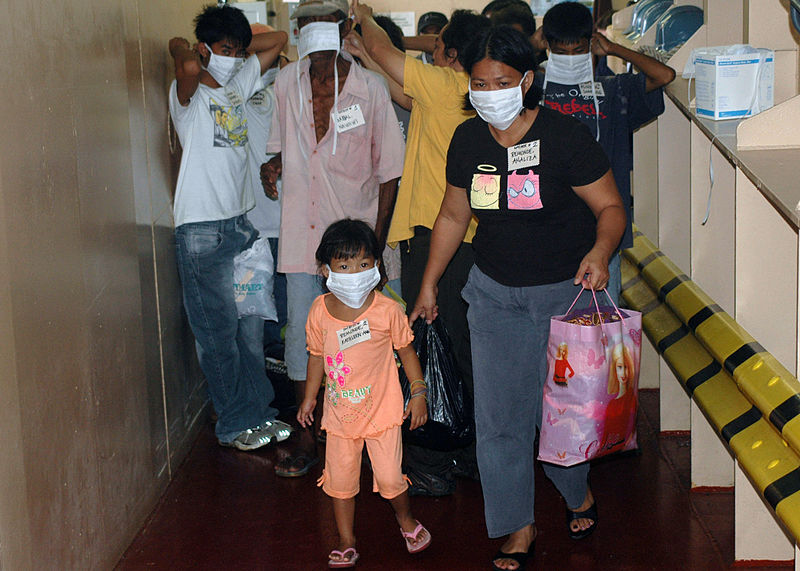
Image: commonswikimedia
What Every Filipino Hopes to Have
Every Filipino would like to have the capability to address their health and treatment needs whenever they arise. No one would want to be caught unprepared for such eventualities. However, the reality of today’s living barely allows individuals and families to regularly set aside an amount of money for future medical expenses in private hospitals under the care of private doctors and medical specialists, if necessary.
The logic is quite simple. How is it possible to set aside money when the income is not even enough for daily sustenance? Even for those who can be categorized as gainfully employed and would have some surplus after all expenses and bills have been paid, one serious or terminal illness can instantly cripple them financially. In times of intense medical distress, where can Filipinos turn to?
Medical Assistance Options in the Philippines
The Filipino culture has made it a natural practice to seek the help of family members, relatives, and even friends. There are two possibilities why this cannot be an option to consider. First is if the amount required is too big in relation to the financial capabilities of all family members combined. The other reason is exhaustion of financial resources due to a lingering illness. In cases like these, there is no other way but to seek the help of agencies and people who have been tasked to provide medical assistance to Filipinos in need.
Government (Public) Hospitals
Most government hospitals have a pay and charity department. To avail of charity services, a patient will need to register as a charity patient subject to minimal requirements such as valid IDs. Queues for this purpose are usually long and winding and will often require people to line up starting at early dawn and wait for a number of hours to be entertained and registered. Subsequent services such as check-ups and treatments will likewise require long and tedious waiting.
There are many government hospitals that boast of state-of-the-art medical facilities and the expertise of the best doctors in the country. There is actually no specific concern in this area except for government hospitals where these two are non-existent. Some cities and localities have made it possible to extend medical services to all residents.
Philippine Charity Sweepstakes Office (PCSO)
The PCSO offers the Individual Medical Assistance Program or IMAP , the approval of which is subject to specific requirements. This would require the patient, the spouse or the nearest blood relation to make the application and go though the process of approval. The applicant will also be required to go through an interview and present all the necessary documents supporting his or her request.
Application for IMAP is usually entertained at the PCSO Office located in the Lung Center of the Philippines in Quezon City. Queuing also starts at early dawn to accommodate the big number of applicants who may be requesting for medicines, laboratory and diagnostic procedures, hospitalization, hearing aid, implants and prosthetic devices, wheelchair, or dialysis. Presentation of original documents is required.
National and Local Politicians
Many politicians have established funds to provide medical assistance to their constituents. Residents are usually the priority for local officials. National officials such as senators usually allocate part of their so-called pork barrel to hospitals although some establish their own foundations for such purpose.
Charities/Private Foundations
Many private individuals and groups provide medical assistance to needy communities in the country. While most provide general health services, a good number offer specialized services for specific health conditions. These are usually done with the cooperation of various corporate entities.
Foreign Medical Missions
Foreign medical missions are quite few and far between. They usually target remote areas that are not reached by regular medical missions. One advantage of this is the inclusion of a medical personnel possessing an expertise which is not available in the country.
My Say
Given these possible medical assistance options, every Filipino should try to provide basic protection and assistance to themselves by being a member of Philhealth, SSS, and other entities that can facilitate medical assistance as well. Being a member of a Cooperative is another way to have access to financial assistance in times of sickness.
I am quite glad to know that there are options available to people who are sick and in dire financial need. The only thing that disturbs me is the difference in the social treatment of hospital employees and other government employees between a paying patient and a charity patient. It is one excruciatingly painful thing to be practically begging for medical assistance but it could be a lot worse when the people we go to for help treat patients seeking help, devoid of human empathy and respect.







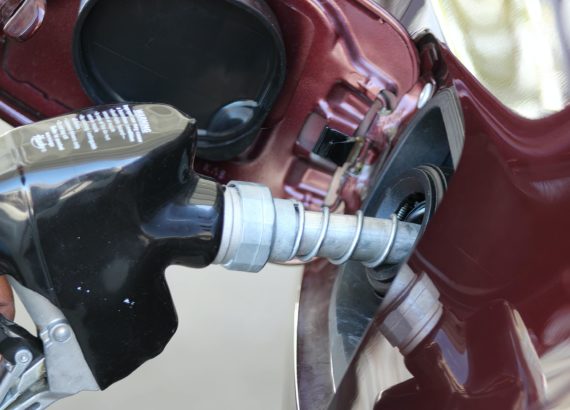
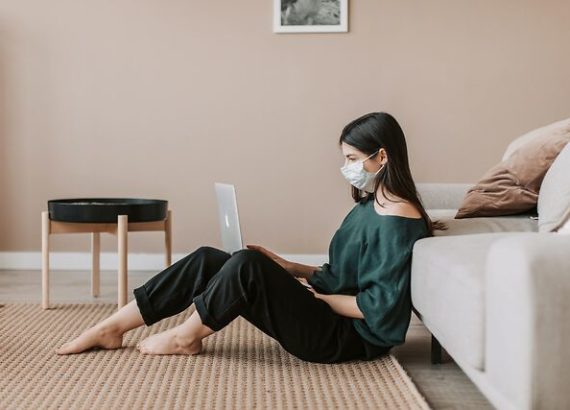
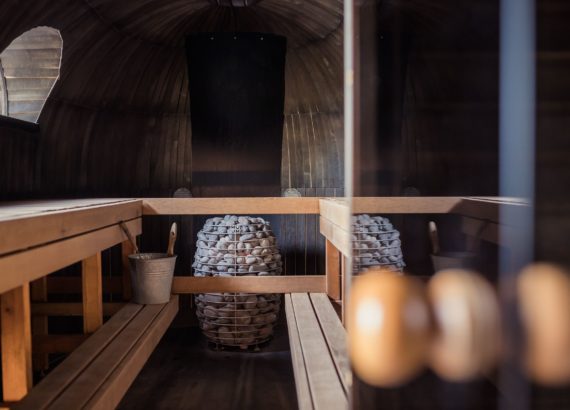
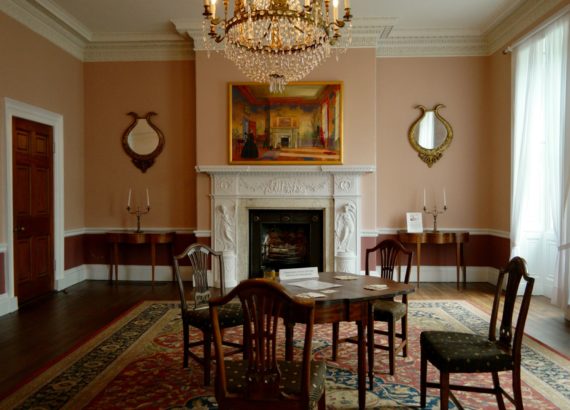


Allan Anthony Cheng
Hi,
Me and my wife just found out today that our baby has Gastroschisis, it a condition we in the intestines and organs are outside the babys stomach…We really need financial assistance, is there anybody here that can help us please?
NYLIKA
YOU CAN ACTUALLY GO TO PGH IN MANILA BECAUSE I HAVE KNOWN SOMEONE WHO HAS THE SAME SITUATION WITH UR BABY. NAG APPLY PO SYA NG PARA SA CHARITY. KUMUHA NG BLUECARD DUN SA HOSPITAL AT NAOPERAHAN ANG BABY NYA FOR FREE.
Marites
Have a bless day to everyone..
Im marites ugay sir/madam,.my mom almost one month in the hospital coz shes diabetic and coz of her leg ulcers they cut off her one feet,.and now still her wounds didnt heal yet…she take very expensive antiobiotic for it 4 times a day and were just came from indigent family,we cant afford to buy her medicine.sir/mdam we really badly need your help for this matter,is there any charity can help us shes the only one i have,..
Im very frustrated coz i dont have anyone to run to..i love my mom so much..i dont want to give up…
Joseph
I would like to ask maybe someone knows the policies or rules of PCSO. How many medication can they give to a patient with Dx Multiple Myeloma?? thank you.
Michelle
It’s really hard to find someone to help assist you in your financial needs, recently I found an FB page ” Help Save baby Chloe” Since I opened her page, and got struck by her health experience as a baby I started helping her in my little ways,,, However, as of the moment she needs further treatment to really save her life. I contacted Pagcor because I heard they do financial assistance, I got a reply that as of the moment they are cutting off their med. assistance and told me to contact PCSO, in which later I will try to do. Also I try other Govt officials and recently Mr. Alan Cayetano. not a reply from them. I just hope they don’t choose patient, just give even the simplest assistance they can offer because this means a lot to those needy people. I am non relative to baby chloe but she really melted my heart and every day I am praying to God that she’ll grow up and someday I could see her well and living a normal life. 🙁
Teresa Martinez
I know many who have been given assistance by PCSO. However for processing purposes, it would always be best for a family member to do it since specific documents will be required. Donations from politicians is really upon their discretion so we cannot really impose donation giving on any one.
nmartinez1938
I’m 77 a USA citizen, take no meds and free from the usual old age illnesses, what a blessing. My wife, a Philippine citizen is 63, has been wrongfully diagnosed for over 7/yrs as having irregular heart beat. Recently, a change of doctors, she’s now diagnosed as having ‘rapid’ heartbeat. Change of doctors and meds gave us a few months of improvements, but that has ended. It’s back to doctors visits, tests, and a worried wife again. We need P14,000.00 for Imaging Examine. We are not asking for charity or free-care, just the ability to pay the hospital or some individual P3,000.00/monthly, maybe someone reading this will respond. Begging in Social Services Office, “hat in had”, at Perpetual Succour Hospital the Billing Department had me sign a schedule for repayment. Prior to this, at Doctor’s Hospital, in tears in their Social Service Department, and finally borrowing P10,000.00 from one of my wife’s friends, my wife was discharged three days later than her eligible discharge date, adding to the bill. You or someone you know, or hospital in Cebu City that will make this arrangement – I need help soon because the worry and suffering has come back to my wife. The last concern I share is for a Natural Practitioner (NP) to see her as a patient. NP treat the illness and build up the bodies own immune body functioning systems. If anyone now seeing a NP would mention us to their doctor, and would accept my wife as a patient, we can and will pay by mutual agreement. Please help.
Ligaia
May i ask what organizations provide financial medical assistance aside from PCSO and politicians. My dad is still admitted in UST Hospital. We waive the ICU because its really expensive. Diagnosis: Pulmonary mass, nonspecific. They are treating him for TB/infection. My dad still not wean from mechanical ventilator, and our bill keep rising up to almost 400k now. im the only one working in our family. Thanks for your suggestions.
Teresa Martinez
I really hope that other readers can provide an answer to this question. Have you tried approaching government hospitals like PGH?
Elena
I have a sister who is in dire need of endovascular treatment and the cost is approximately 450,000 pesos. She was told to have the procedure done in Cebu because it’s not available in Silliman University Dumaguete Medical Center. The amount of treatment is astronomical, and I am wondering if there’s any private charities I can contact for any financial assistance.
Teresa Martinez
I am hoping that readers who may know of such private charities can provide information about this.
Wanderer Juan
This is a great list for Pinoys looking for medical assistance. But I can’t help but wonder how can we help the Filipinos who live far from these options?
Teresa Martinez
Somehow, somewhere, the options will be there but there are places that present more challenges than others.
natividad rose mendoza
This is for Wanderer Juan, you might be a big blessing to my nephew who need an extremely help going to the doctor due to a big cyst (I hope I spell it correctly) on his neck and shoulder. His family is very poor too and even if I am here in america, I am retired and my retirement can’t hardly sustain my own life. I am begging you, Mr. Juan, please help my nephew.
Dianne
I know there are a lot of organization helping on health needs. There are charity programs as well. I hope every Filipinos would be aware about this.
Teresa Martinez
We should look into medical assistance options before they are actually needed. This forms part of any life contingency plan in these very difficult times.
KIM NIEVES (@iamkimnieves)
I think they should broadcast about their medical assistance programs on national TV so that people would know that they offer such help. =)
Teresa Martinez
I think that should be done considering that television can be found even in the humblest of homes.
joy | chemist2writer
Yes! there are a lot of medical options available but many don’t know their options so they can seek help and get treated without having to pay a lot of money. The foreign missions are best because those also offer free meds 🙂
I find it great also that the Kasambahay law has taken effect so that the household helps can also have medical assistance and other benefits.
Teresa Martinez
I believe PCSO also provides free medicines which can be a more permanent solution for those taking maintenance drugs. I’m glad to know that the Kasambahay Law has that provision.
natividad rose mendoza
Can you give me more information about the foreign mission, please, your reply is greatly appreciated.
Teresa Martinez
You can try checking with the Department of Health for queries about foreign medical missions.
FashionTravels
nice to know this informations i am not really familiar with any medical assistance that you’ve said above. my husbands been asking me about this and I cant answer coz i admit i now nothing. We needed the full medical assistance for my father inlaw when we visit Philippines.
Teresa Martinez
I have to admit that I got to know some of these options only when a family member required some medical assistance. It helps to be informed.
lily
Health care professionals in government hospitals get too exhausted because the bulk of patients is there. Maybe that’s one reason why they are masungit sometimes. 🙂
If people only know how, and if availment of those medical assistance doesn’t take too long or is not so hard, a lot of sick people could be spared from financial burden
Anyway, the government is now doing what they can to make healthcare accessible to all thru the No Balance Billing policy of Philhealth. As of now, it aims to cater to the needs of those in the poverty line. 🙂
Teresa Martinez
Being “masungit” is actually forgivable most of the time since it can happen to anyone working in other industries as well. Being downright rude and insulting to a sick person asking for assistance is inhuman. I hope this No Balance Billing Policy of Philhealth actually works as it can help many people.
Leigh Ann Santos
Problem is that some Filipinos are not even aware that they can grab benefits for health from government and they don’t know how to apply to SSS, Philhealth, etc.
Teresa Martinez
There is a real need to disseminate the proper information with regards to this especially to people who are not employed with companies.
Jan-Jan
Great! thanks for sharing us these government agencies who also helps filipino on medical assistance.
Franc Ramon
That’s true, there are so many organization that can help people in need but people don’t know this and end up being desperate.
Teresa Martinez
You’re right. Medical assistance is available so instead of giving up and cursing the heavens, we might as well find ways.
sef tiburcio
i worked before in public hospital as a nurse, I can say that the health care delivery’s improving. with this, i think there’s always an institution willing to help with the medical finances of the family.
Teresa Martinez
The fact that there are institutions that can actually help in medical needs is something that I have just recently proven.
Mai Flores (@mai_eaflores)
I couldn’t agree more Ms. Teresa! What is there to save when you only have enough to get by, right? I mean, not everyone is fortunate enough to have extra’s for medical funding. I’ve been on this road before. But I’ve seen far worse. I have a friend who’s father got into a car accident. She was the only one who worked on the medical documents. etc. She even asked for money in PCSO and from a few politicians in her area. Thankfully, she was given some money, which was used to pay for her dad’s surgery and therapy.
Teresa Martinez
I also know some people who actually were assisted by PCSO and politicians but it really isn’t easy to ask for help.
mecca
hi poh ask ko lng poh gaano katagal magprocess s pcso,kc ung baby ng kapatid ko halos 1month s hospital na confine kc premature sya 8mons nagbleeding kc ung kapatid q na cs sya ntaranta n kme kea s de la salle medical center n nmen sya ndala pero naka charity.sya kc my charity.cla.dun, e kso ang laki ng bill.nya nsa 187k na problema nmen ngaun pano sya ilalabas dun lalo lng lalaki bill nya kc nagadvice n yng doctor n pwede. syang ilabas, ano kea pwede gawin dun,hndi ko alam kung san mas mabilis at makakahingi ng tulong n financial, s factory lng ng work asawa nea at wla n rn kme maibigay n tulong madmi n clng utang,,thank u s magrereply
rochkirstin
I think even with these options, poor people in the Philippines really still cannot afford to pay hospital bills when they need money most.
Teresa Martinez
In this time and age, it is very easy to be engulfed in so much misery that will prevent positive action. There is always a solution but most solutions are not easy so it is really up to the person to find a way. Those who are approached and did not lift a finger even by the mere act of directing the person in need to the right agency that can actually help failed in some way.
april and the city
When I was a kid, my parents would always set up a medical mission every Summer wherein they’d invite doctors to conduct free vaccination to prepare the kids for school. Great post sis! Will share this to my friends.
Teresa Martinez
Thanks. Your parents sure did a great service to other people in setting up medical missions.